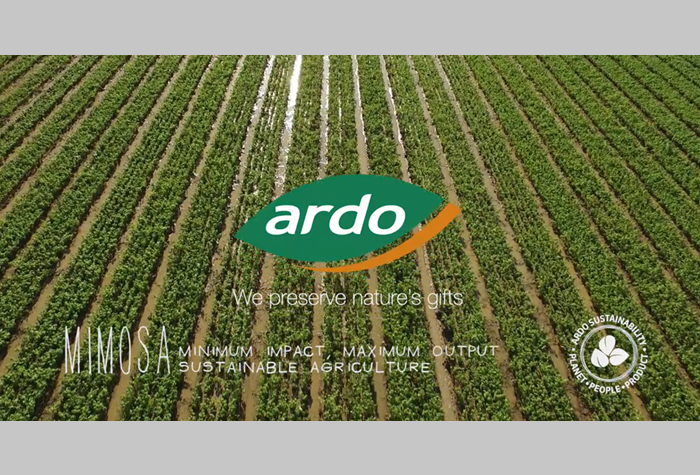With Labor Day behind us and our kids all back at school, we thought it appropriate to look at a FSMA refresher.
FSMA, the U.S. Food Safety Modernization Act, was signed into law on January 4th 2011 and represents the most sweeping update to American food safety legislation to have been enacted over the past 70 years. According to the FDA, FSMA brings with it some 50 new rules and regulations and a very specific focus on the application of preventive controls from field to distributor.
FSMA’s aggregate pages of legal text; proposed rules; commentary on proposed rules; final rules as well as the yet to be completed final guidance documents are overwhelming to simply consider let alone actually delving into. Having said this, it may be helpful to recall the interconnectivity of a few of FSMA’s main rules.
While stakeholders in our industry are no doubt familiar with USDA’s role in the fresh produce sector, FSMA provides the legislative basis for FDA’s additional regulatory oversight of fresh fruit and vegetables. By way of FSMA’s Standards for the Growing, Harvesting, Packing, and Holding of Produce for Human Consumption ( or “fresh produce rule” ), the FDA now has a direct regulatory role in establishing “…science-based minimum standards for the safe growing, harvesting, packing, and holding of fruits and vegetables grown for human consumption.” with this rule applying to both domestic ( U.S. ) and foreign fresh produce stakeholders.
By way of FSMA’s Final Rule for Preventive Controls for Human Food or “PC Rule”, frozen fruit and vegetable food processing companies are required to maintain a written food safety plan which, among other requirements, must demonstrate their Hazard Analysis Risk Based Preventive Controls ( HARPC ) as well as documenting their supplier verification practices as part of an overall process ensuring that appropriate preventive controls are both effective and consistently applied. Much like the “Produce Rule”, this “PC Rule” is applicable to both domestic and foreign companies.
FSMA’s Foreign Supplier Verification Program rule reminds us that importers are responsible for ensuring that the foods they import meet American ( and not necessarily European, Japanese or Canadian ) food safety standards. Foreign frozen fruit processors who are accustomed to supplying U.S. importers with detailed laboratory analysis confirming that their products meet EC regulation XYZ do not mean that their products comply with American food safety regulations. Additionally, the FSVP rule designates who is eligible to operate as the “FSMA importer” which, in many circumstances, may not necessarily be the same entity operating as the Customs or CBP importer.
Putting aside details regarding who the actual FSVP regulated party is, the Foreign Supplier Verification Program rule requires “FSMA Importers” to identify reasonably foreseeable physical, chemical and biological hazards as well as how those hazards are mitigated, by whom and how any such mitigation steps are monitored and validated. Furthermore, whether done in-house or outsourced, the “FSMA Importer” is responsible for having qualified personnel in place to execute their FSVP activities.
While the FSVP rule provides a mechanism for the FDA to pursue greater direct regulation of food importing companies, there is an interesting nuance within FSMA’s interconnectivity which may give some stakeholders pause to evaluate their commercial arrangements with respect FSMA compliance. After all, U.S. food processing companies as receivers of imported foods and who are already subject to “PC Rule” supplier verification requirements may be deemed to be meeting FSVP’s supplier verification requirements. While this possibility has been presented as a means for supply chains to avoid regulatory imposed redundancies, it remains to be seen if supply chain stakeholders will make use of this option given the broader primacy of reverse ( upstream ) sequential product liability risk transfer practices.
Astute observes will have no doubt seen the recent Federal Register Notice announcing the extension of compliance dates for various final rules including reference to the “PC” an “FSVP” rules. Great care must be taken with respect to this FRN as the compliance date extensions are specific to certain provisions within the rules as opposed to extending the compliance date requirements for the rules in their entirety.
In summary, stakeholders need to appreciate that FSMA’s rules are not only interconnected but apply broadly to both domestics and foreign stakeholders. For any foreign stakeholder scoffing at FDA’s “extraterritorial jurisdiction” with regards to FSMA compliance….it might be worth recalling that, in the final analysis, your market access is conditional upon your facility having and maintaining a valid FDA facility registration…




